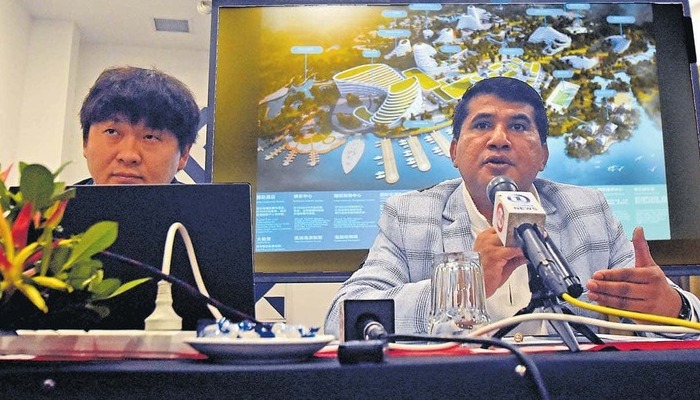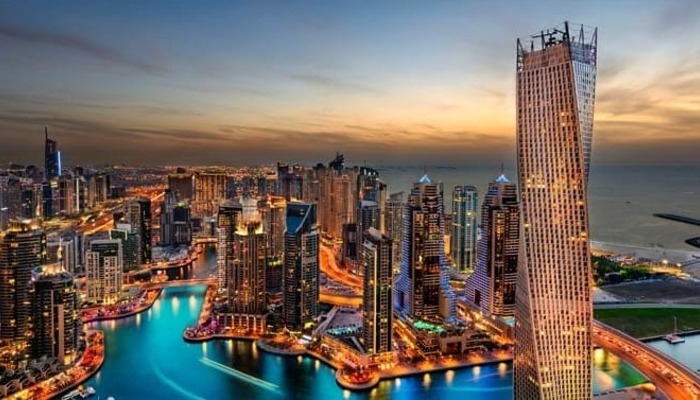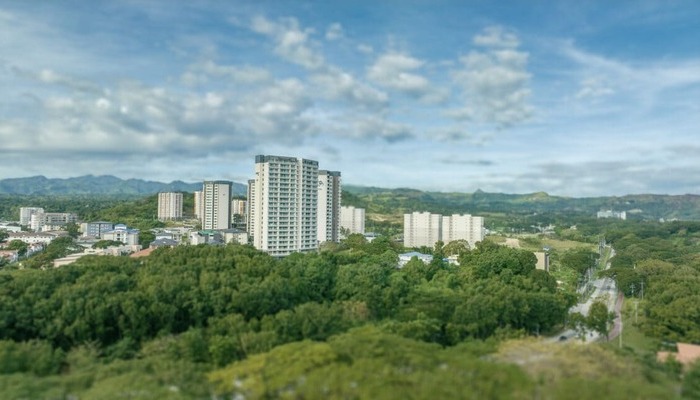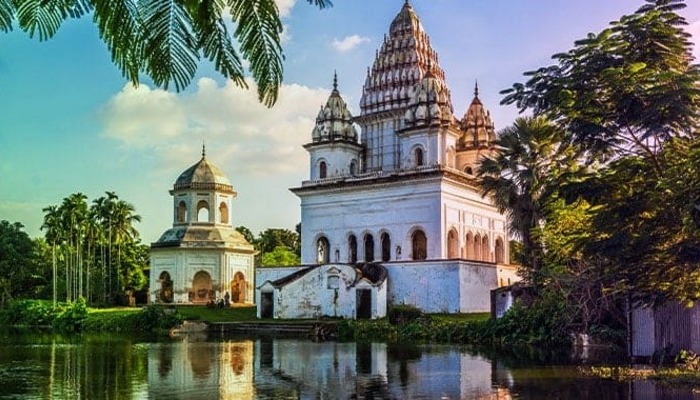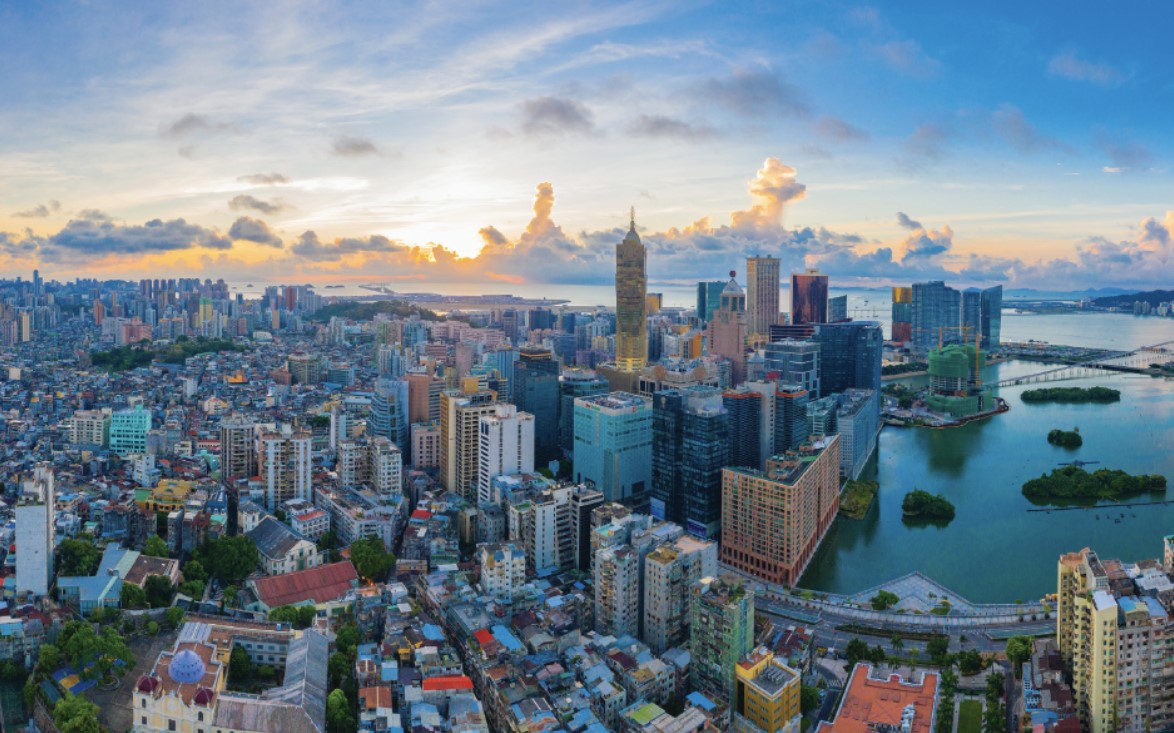
Macau’s Challenges: From Better Management of Casinos within Casinos to “Suitable” Economic Diversification
The recent closure of some VIP rooms and the emphasis on Macau-Hengqin cooperation can be analytically put together as a whole package of governing issues with implications for Macau: namely the effective transition from a much better and tighter management of some “casinos”
within casino franchises to the formulation and implementation of “suitable” economic diversification. During this difficult transition, the Macau government and its society must manage a multiplicity of issues, ranging from a more comprehensive and much deeper policy planning to an extensive survey of different economic sectors so that sufficient statistical data will be available for a more “scientific” policy making for the Macau Special Administrative Region (MSAR).
First and foremost, the problems emanating from the gaming promoters, which have possessed VIP rooms under Macau’s casino concessionaries, have already exposed the baffling problem of Macau witnessing “casinos” exist within casino franchises. Most significantly, a few of these “casinos” within casinos have outgrown themselves, allegedly extending their marketing and gaming businesses not only into the mainland but also to the overseas, where mainland gamblers were lured into the gaming activities, which however are seen as illegal in accordance with the mainland’s criminal law. Some Macau-based gaming promoters appeared to lack the political sensitivity that gambling is constantly regarded as a crime in mainland China, where its ruling authorities have since January 2021 cracked down on cross-border gambling, including Internet gambling. Macau’s casino capitalists, including those operating VIP rooms and casino concessionaries, must be highly sensitive to not only the mainland’s criminal law but also the economic securitization of Macau’s gambling sector. Specifically, gambling in the MSAR often entails the risk of endangering the economic national security of the central government, especially if gamblers are from the mainland and if they may engage in massive gambling with the implications of cross-border money laundering and siphoning off the mainland’s financial coffers.






